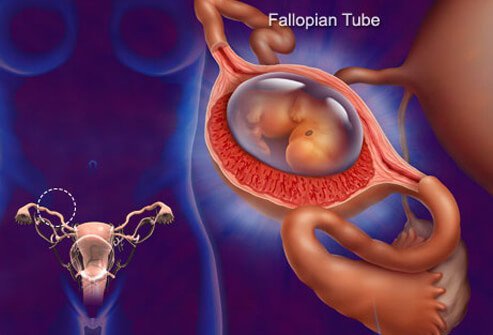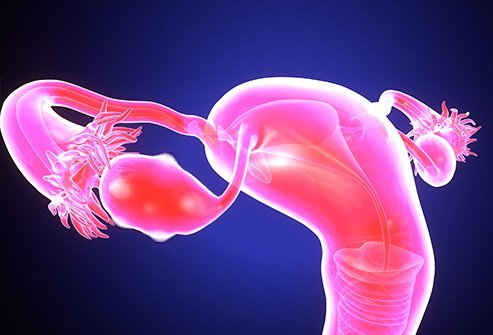Ovary Cyst Caused by Other Medical Conditions

Ovary cysts can occur in a variety of conditions, and can be painful. The best way to determine what’s causing yours is to visit an OB/GYN doctor or certified nurse midwife. Your healthcare provider will ask you about your medical history, perform a physical exam, and perform a pelvic exam to make sure the cyst is not cancerous. A healthcare provider may also perform an ultrasound to see if the cyst is solid or filled with fluid.
Symptoms of ovarian cysts may vary from person to person. They can be painless, or they can be painful, and they can be caused by various factors. Some ovarian cysts, such as those that are twisted, can cause severe pain and swelling in the lower abdomen. Those with large ovarian cysts may also experience abdominal discomfort and even constipation. Usually, these ailment does not have any symptoms, and most women never have any symptoms. However, if the symptomatic condition persists, surgery may be necessary to remove the ovarian cyst.
Ovarian cysts are usually harmless and will go away on their own. The doctor will use imaging techniques to diagnose a cyst if they’re suspected. The most common imaging technique is ultrasound, which uses sound waves to produce images of body structures. During a transvaginal ultrasound, a thin probe is passed into the vagina to visualize the ovaries. A CT scan and magnetic resonance imaging are other ways to detect an ovarian cyst.
Most ovarian cysts are benign. The ovaries release an egg once a month. The follicle breaks open to release the egg, which causes a cyst. When the sac doesn’t open, it forms a cyst. Follicle cysts typically go away on their own, but if they are large or complex, it may require surgery or medication. Ovary cysts caused by other medical conditions can have significant risks of cancer.
A rupture of an ovarian cyst can cause pain, internal bleeding, and even internal bleeding. An ovarian cyst can be fatal, and it’s essential to seek medical treatment to prevent it from affecting your health. In rare cases, it may even lead to a miscarriage. Ovary cysts are caused by several different causes, so there are different treatments for each. If you suspect that you have an ovarian cyst, a doctor may recommend an invasive procedure.

The pain associated with an ovarian cyst is related to the weight of the cyst. This causes the ovary to twist and cause severe pain. It can also affect the uterus and reduce blood flow to the ovaries. In some cases, a ruptured ovarian cyst can lead to internal bleeding. Fortunately, most functional ovarian cysts can be treated without surgery. A laparoscopy will help your doctor examine your reproductive organs and pelvic cavity.
Some women develop a functional ovarian cyst that is not related to the menstrual cycle. This is a cyst formed by the ovarian follicles and containing a fluid that releases an egg. Ovarian cysts do not affect a woman’s fertility, but they can cause severe pain. Symptoms associated with functional cysts include increased body hair, difficulty losing weight, and an increased heart rate. In some cases, surgery is required to remove the cyst.
The symptoms of an ovarian cyst are different for every woman. Some women have a dull pain in the lower abdomen. Others will have a hard time. Some women may also have irregular periods, heavy bleeding, or spotting between periods. If the cysts are large, they can interfere with the menstrual cycle. They can cause bloating and abdominal pain. If you experience any of these symptoms, you should contact your doctor immediately.
The doctor will likely do blood tests to look for ovarian cysts. If an ovarian cyst causes severe pain, it should be removed as soon as possible. The symptoms of an ovarian cyst will depend on the underlying cause. For more information about the symptoms of an ovarian cyst, see iHealzy Thailand. In most cases, the cyst causes a symptom of an irregular menstrual cycle, such as heavy menstrual cycles. In some cases, an ovarian cyst also leads to bloating.
